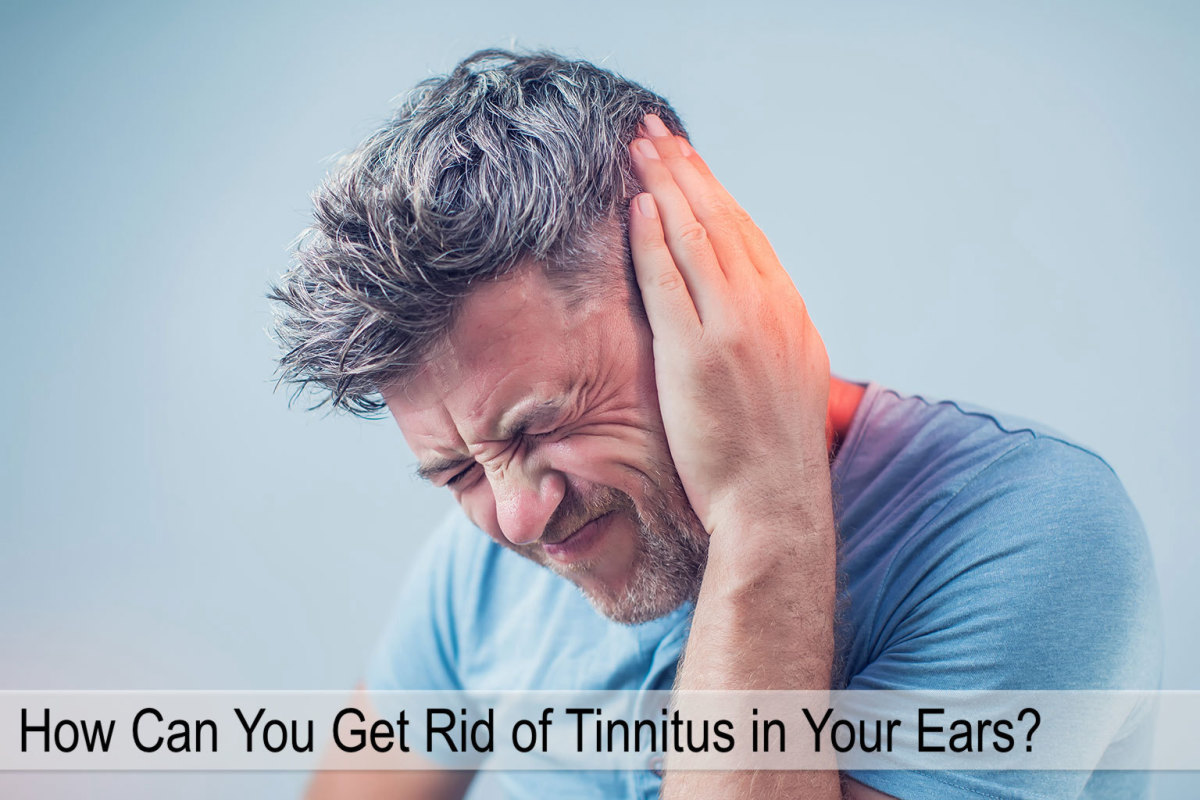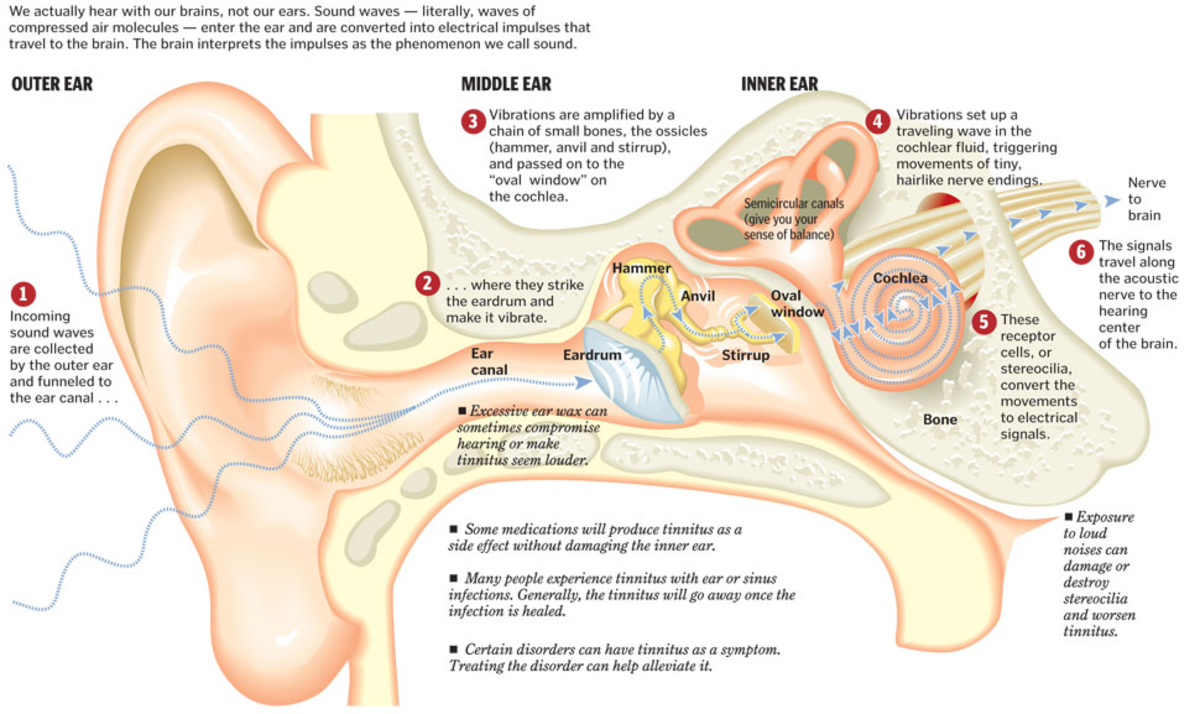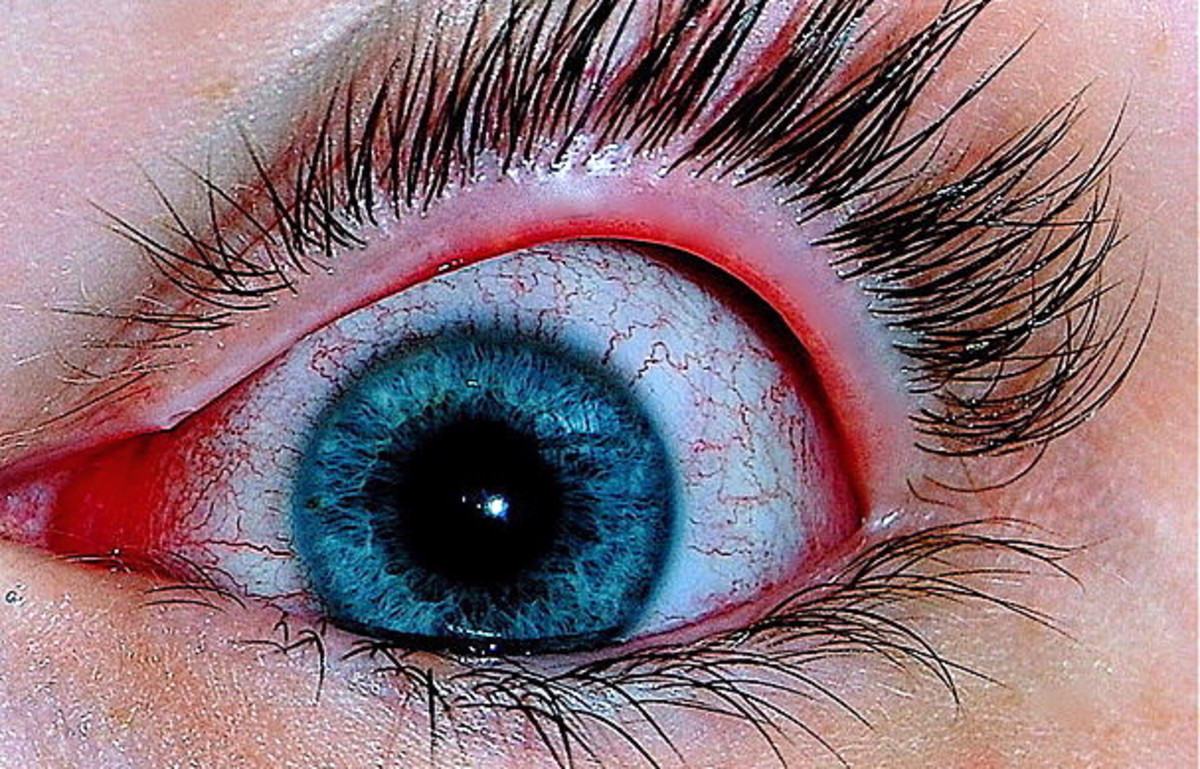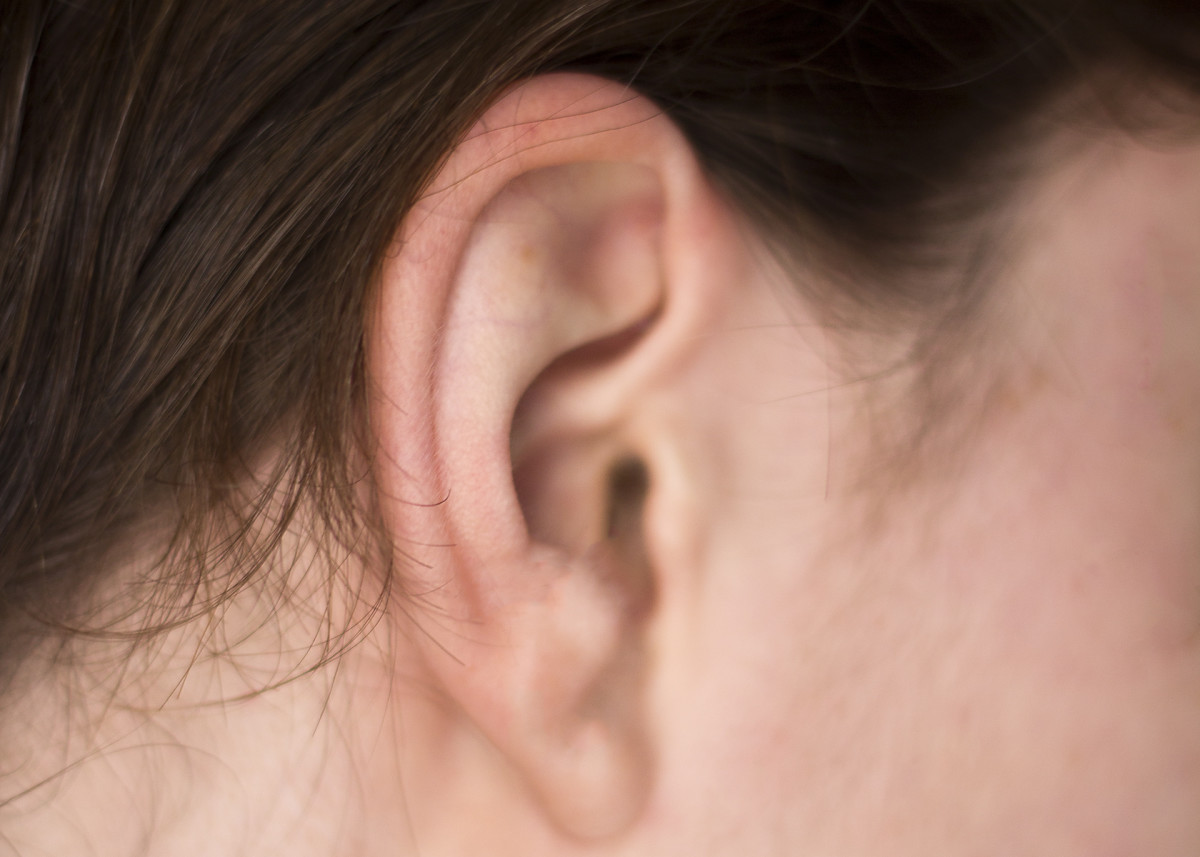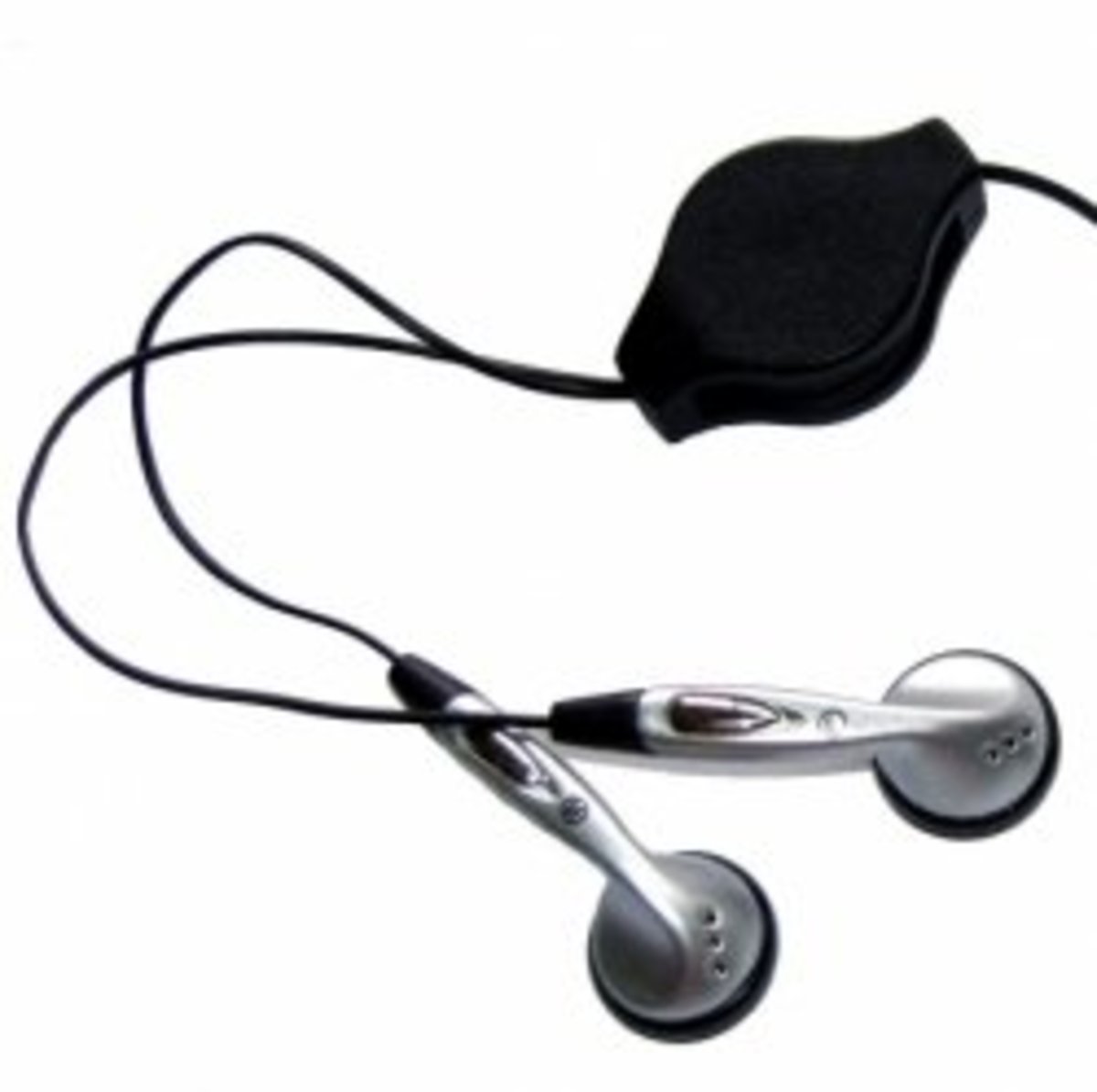Living With Tinnitus
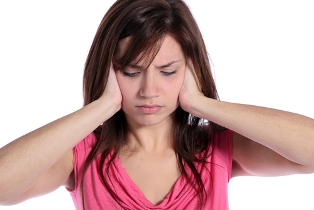
What is Tinnitus?
To many people that do not experience Tinnitus it is nothing, non-existent, but to the twenty percent of the population that do experience Tinnitus it is a very annoying thing to have. Tinnitus is noise that usually only the person experiencing the noise can hear. Depending on the cause of the noise, a doctor can also hear it.
The noises that are heard can range from a soft whistling sound of air, to a high pitched scream like an electric saw. Some hear cracking or clicking noises, while others might hear buzzing. The level or volume of the sounds can vary from barely hearing the sound to an overpowering sound that covers up other sounds around you. The noise can last from several minutes to hours to never ending. Many people suffer from the symptoms of Tinnitus 24 hours a day, 7 days a week with no breaks.
Tinnitus is a side effect of other medical conditions and / or the result of eating certain foods or drinking certain types of drinks. More of the causes can be found at the end of this article.

How Tinnitus Interfers With Sleep and Causes Other Ailments
Sufferers of Tinnitus many times also suffer from sleep loss which in turn can cause other medical problems such as depression. Many times depression is also associated with aches and pains throughout the body, so Tinnitus is a side effect of other ailments but it can also cause other ailments.
If the ailments caused by Tinnitus are untreated, they could become more serious and as a result a snowball effect could take place having one ailment amplifying the symptoms of another ailment. An example of this is Tinnitus effects your sleep which could cause depression or anxiety. Both depression and anxiety can cause symptoms of pain in the body or sleeplessness which will amplify the depression and anxiety. Continuous depression can cause other adverse effects in your life socially and medically. The symptoms continue to worsen, thus the snowball effect. If any of these symptoms are noticed, it is a good idea to speak with your doctor. Many times treatment for the depression will help with sleep and as a result the symptoms will be reduced or kept under control.
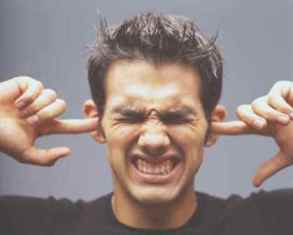
How to Stop the Noise
There are some things that you can do to help reduce the noise but as of now there is no cure for Tinnitus. Some things that you can do to help reduce the noise are:
- Antidepressants can be used to help sleep.
- Playing a radio to cover up the sound can help relax you to go to sleep.
- Playing music or television during the day while doing other activities can conceal the noise in your ears. It doesn't make it go away but playing music makes the noise less annoying since it will be more into the background.
- Lower your intake of caffeine. Caffeine can cause some symptoms of Tinnitus.
- Wear ear protection to avoid loud noises while working around machinery. Loud noises contribute to the symptoms of Tinnitus.
- Avoid nicotine.
- Lower salt intake.
- Maintain a nutritional diet. (See link below, Diet and Tinnitus)
So there are some things that you can do to minimize the level of noise that you will experience with Tinnitus but as of now there is no cure.
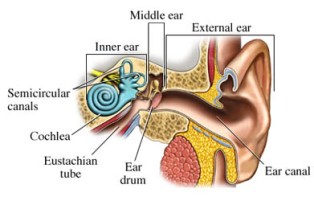
The Causes of Tinnitus
- What Causes Tinnitus?
One of the most common causes of Tinnitus is the continual or prolonged exposure to loud noises.
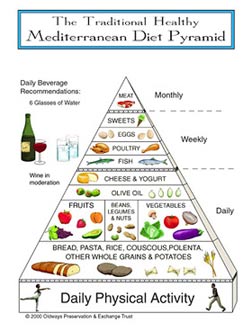
Diet and Tinnitus
- Diet and Tinnitus: What to eat and what not to eat.
Suggestions of a good diet to help reduce the symptoms of Tinnitus.

